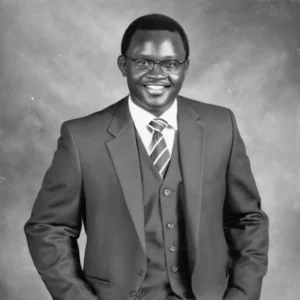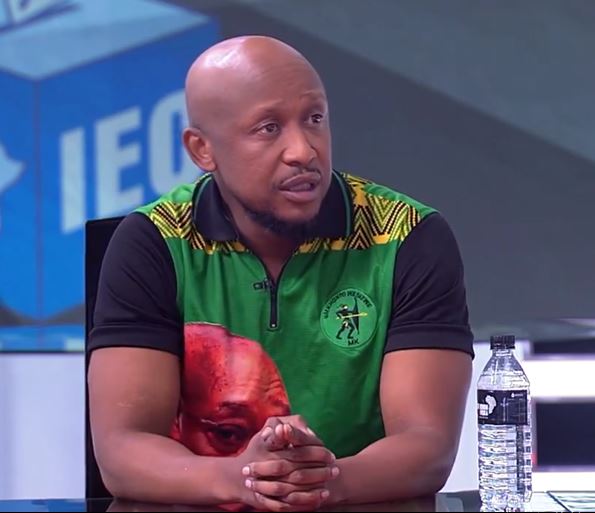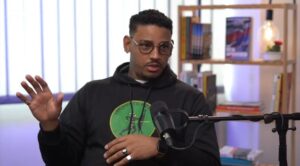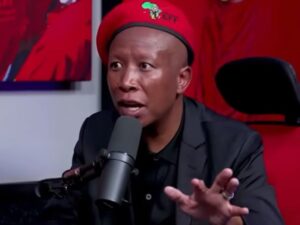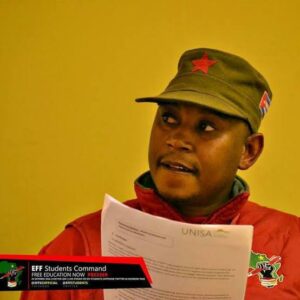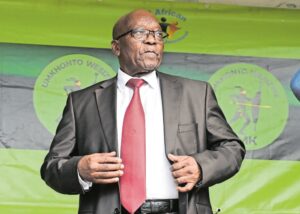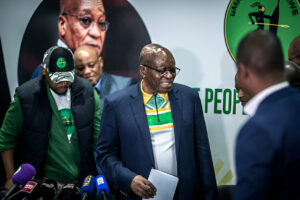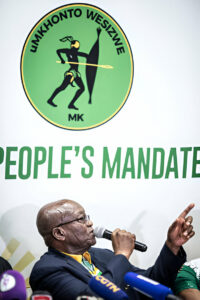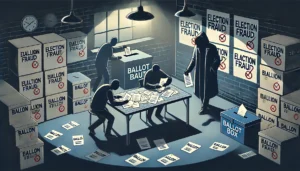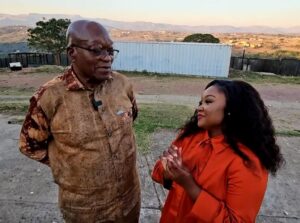In a recent interview, Nhlamulo Ndlela, a spokesperson for the MK Party, addressed allegations and internal challenges within the party. The interview, conducted by Xoli, a probing journalist, navigated through complex issues surrounding party volunteers and the removal of certain members from party lists.
Ndlela clarified that a volunteer, who had previously defected from the ANC and volunteered with the MK Party, was discovered to have a criminal background involving a housing tender scam and was subsequently not included on the party’s candidate list. Despite the volunteer’s efforts to help the party, Ndlela emphasized that upon discovering his criminal activities, the party had to distance itself and even considered legal action against him for misrepresenting the party.
The discussion also touched on broader concerns about how political parties manage and monitor their volunteers, especially those with dubious legal histories. Ndlela argued that the party had done its due diligence by investigating the background of volunteers before formally associating them with the party.
Furthermore, Ndlela responded to questions about other party members accused of misconduct, including forming parallel structures and other unendorsed activities. He highlighted the internal mechanisms and intelligence reports used to maintain discipline within the party but was reticent about specific details regarding individual cases.
Xoli pressed Ndlela on the transparency of the party’s processes and the implications of internal actions for voter trust. Ndlela defended the party’s decisions, comparing their confidentiality to typical organizational practices and stating that not all internal decisions should be public.
The conversation also ventured into the challenges faced by new political parties, particularly regarding the stringent requirements set by the Independent Electoral Commission (IEC). Ndlela criticized the IEC for not consulting parties before implementing new signature requirements, which he viewed as punitive and a hindrance to the democratic process.
Finally, the interview delved into recent actions taken by the IEC against the MK Party, including court cases and demands to remove certain individuals from party lists. Ndlela indicated that these developments were recent and that the party was still reviewing the legal paperwork to fully understand and respond to the IEC’s concerns.
In conclusion, the interview with Nhlamulo Ndlela suggests that the MK Party perceives itself as being disproportionately targeted by both the media and the Independent Electoral Commission (IEC). Despite the party’s efforts to comply with legal and ethical standards by vetting volunteers and addressing internal misconduct, these actions have been scrutinized intensely.
This scrutiny, as implied by Ndlela, might suggest a broader narrative where the MK Party feels that it is held to a different standard compared to other political entities. The recurring legal challenges and the stringent requirements imposed by the IEC, particularly around new party registration and candidate listings, further amplify this sentiment of unequal treatment.
Ndlela’s defenses and explanations during the interview highlight a party under pressure, striving to navigate a landscape that they believe is not only challenging but also biased against them. This perception raises important questions about fairness and equality in political processes and media coverage, which are crucial for maintaining a balanced and democratic society.
📺 Watch that video of MK Party Nhlamulo Ndlela mopping the entire floor with Xoli
🎥 Newzroom Afrika pic.twitter.com/Pob9CKNXxr
— Kiakili_ (@kiakili_) April 29, 2024
